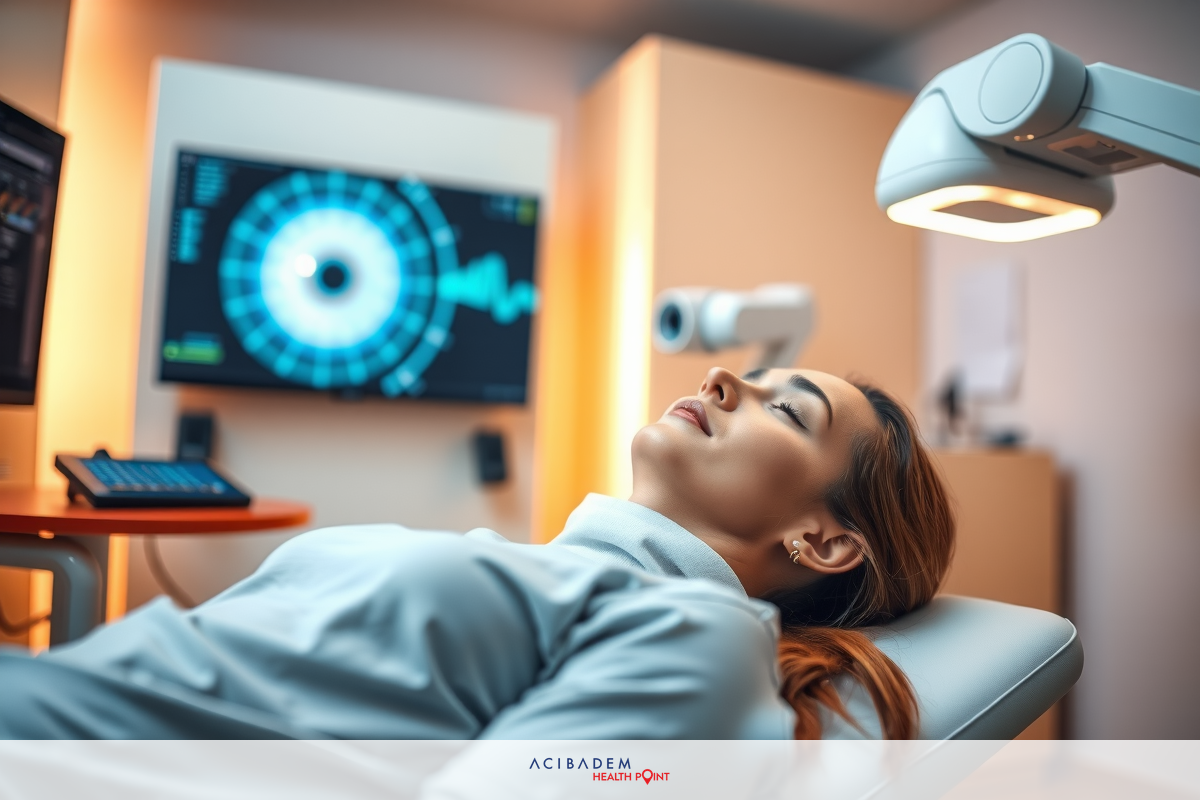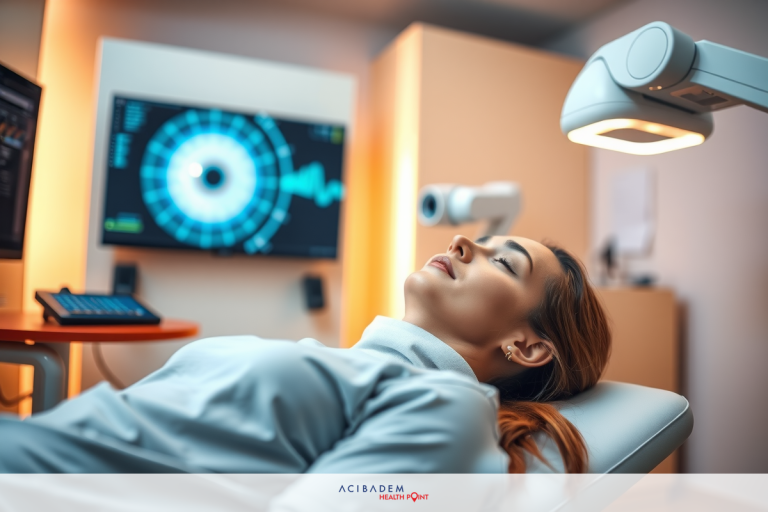Do You Have to Be Conscious for Laser Eye Surgery
Do You Have to Be Conscious for Laser Eye Surgery Eye surgery with lasers, a common method to correct vision problems, has been around for several decades now. People interested in this treatment often wonder if they need to remain conscious during the procedure. Their concerns are valid, given that the very idea of being awake while someone operates on their eyes can be quite daunting.
An important point to note is that laser eye surgeries do not involve any major incisions or stitches as part of the process. This minimises pain and discomfort to a large extent. The use of anesthesia further ensures the surgical experience isn’t distressing for patients.
Types of Anesthesia for Laser Eye Surgery
Anesthesia, one integral part of laser eye surgery, ensures patients stay comfortable throughout. Two primary types are topical and intravenous anesthesia. Topical anesthesia involves using eye drops to numb the area, requiring the patient to be conscious but removing any sensation in the eyes.
Intravenous (IV) sedation is its counterpart. This process does not make you unconscious like general anesthesia but places you in a dream-like state where you feel relaxed yet able to respond when necessary during your laser eye surgery.
Choosing between these depends on various factors such as medical history and comfort levels with being conscious during procedures. Discussing options with your surgeon comes crucial here for making an informed decision about what fits best for your place within this range.
Understanding these diverse types of anesthesia helps us realize why we don’t necessarily have to fear being awake or rather ‘conscious’ during our surgical journey towards better sight.
Benefits of Being Conscious During Laser Eye Surgery
Being conscious during laser eye surgery can offer several benefits that many aren’t aware of. For one, it allows you to interact with your surgeon throughout the procedure. This dialogue ensures you have a clear idea about how each phase goes and also helps reduce anxiety levels.
The second benefit relates to recovery time post-surgery. Being conscious means avoiding general anesthesia, which typically requires more time for complete recovery. In other words, staying awake could speed up your return to normal routines.
Another advantage is this approach’s cost-effectiveness compared to options requiring deep sedation or unconscious states. Lower expenses often accompany consciously undergone procedures due to lowered Anesthesiologist billing and fewer resources utilized when dealing with post-procedure arousal complications.
Finally, being conscious lets patients experience firsthand the dramatic vision improvement as soon as the process completes—a truly magical moment for many who’ve lived with poor eyesight till then!

Process
A clear understanding of the laser eye surgery process can remove many fears associated with staying conscious during treatment. The primary step involves putting numbing drops in your eyes so you don’t feel pain or discomfort throughout the operation. It’s essential to comprehend that though you stay awake, this doesn’t mean experiencing an bit of distress.
The second phase requires creating a thin surface flap on the cornea for those operations like LASIK. This step isn’t applicable for all types; PRK patients directly continue to removing minimal corneal tissues with special lasers instead – another fact often misunderstood when visualizing surgical procedures.
Next comes reshaping your cornea via precision lasers — note how ‘precision’ is indeed a keyword here. You may see lights and colors but won’t actually ‘see’ what exactly happens, thanks to our brain not structured for close proximity vision interpreting.
Finally, if a flap was created initially – it gets repositioned smoothly back into place now ~ perfectly outlining why being conscious doesn’t equal feeling every minute detail as some might fear about their involvement in such processes!
Frequently Asked Questions
Can a person really stay conscious during laser eye surgery?
Yes, in fact it's the norm. Thanks to adequal numbing of eyes with special drops or intravenous sedation, patients do not feel any pain while being entirely aware.
Is it unsafe for me to choose general anesthesia instead if I wish?
No, safety is not the concern here though specific scenarios demand avoiding it like certain health issues. Discuss your exact case thoroughly with doctors before finalizing anything.
Does remaining awake mean an increased chance of moving and thereby affecting surgery precision?
Movement does not affect surgical success due to highly advanced equipment used today capable of tracking even minute movements and making auto adjustments accordingly.
This article has been created purely for informational needs and doesn’t constitute medical advice. Always consult professional healthcare providers regarding any concerns around undergoing procedures like these discussed above.








